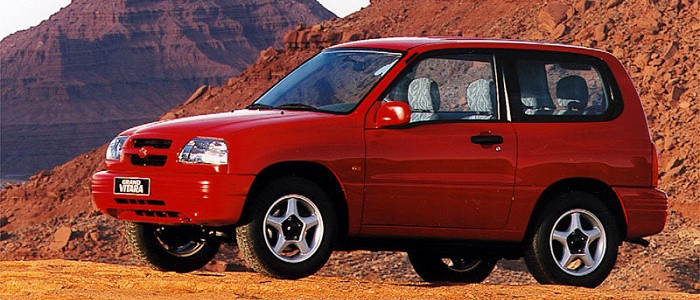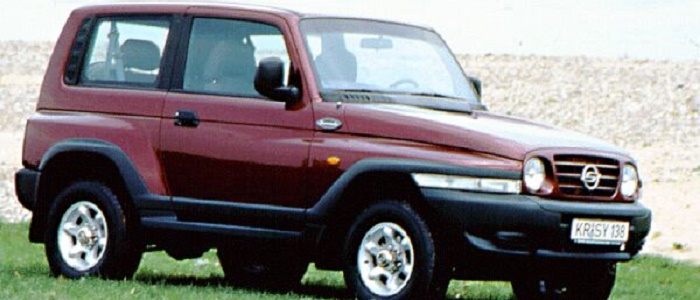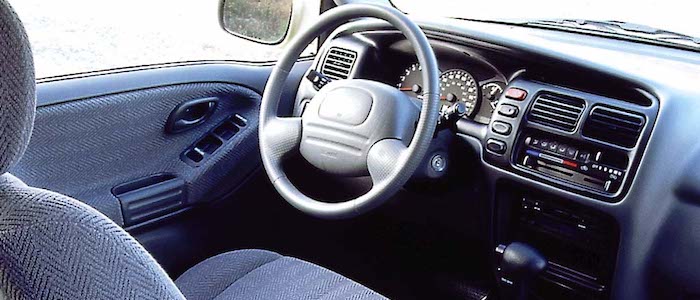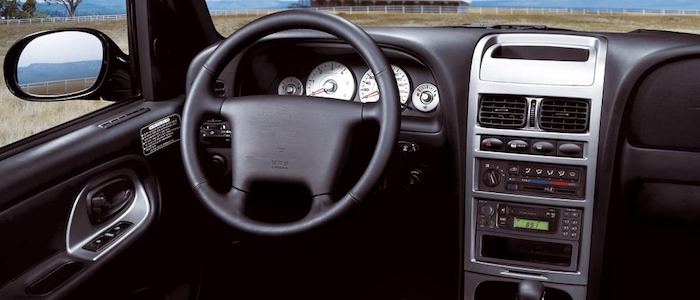Compare two cars
Compare any two cars and get our Virtual Adviser™ opinion
Dimensons & Outlines
Engine
Performance (manual gearbox)
Performance (automatic gearbox)
Expenses
Virtual Adviser's™ opinion
Well, these are two pretty similar cars we have here! It's only details that could potentially make the difference. Considering they both belong to the suv segment and utilize the same 3-door suv body style and the 4 x 4 wheel drive system, it all comes up to the specific petrol engine choice they offer. The first one has a Suzuki-engineered powertrain under the hood, a 4-cylinder, 16-valves 96hp unit, while the other one gets its power and torque from a 4-cylinder, 16-valves 143hp engine designed by Mercedes Benz.
SafetyThe fact that the Suzuki got tested by the European New Car Assessment Programme (Euro NCAP), while the other contender didn't, isn't really an advantage, taken the poor 3-star rating it received. That aside, let's consider some other aspects which affect safety. Both vehicles belong to the suv segment, which is generally a very good thing safety-wise, still it doesn't help us solve our dilemma, does it? On the other hand, when it comes to weight, a factor that most people underestimate, the Korean car offers a self-explainatory difference of 50% more metal.
ReliabilityI don't like generalizing things when it comes to reliability, although it does seem that Suzuki is significantly less fault-prone, all the models observed together. These are the official statistics, while our visitors describe reliability of Suzuki with an average rating of 4.6, and models under the SSangYong badge with 4.3 out of 5. Independent research findings rank Grand Vitara as average reliability-wise, and Korando is more or less at the same level.That apart, owners of different cars powered by the same engine as the Japanese car rank it on average as 4.0, while the one under the competitor's bonnet gets 3.8 out of 5.
Performance & Fuel economyThere's not enough data for me to elaborate on the subject, I'm affraid.
Verdict
Suzuki appears just a bit more reliable, although the difference is truly marginal. The most important thing when deciding between any two vehicles should always be safety, both passive and active. In my opinion, everything taken into account, the Korean car offers significantly better overall protection, taking the lead here. When it comes to performance, both vehicles provide similar experience, so I wouldn't point any of them out. Fuel consumption is more or less the same. At the end, as much as I'd like to give you a winner here, it's simply a pure tie if you ask me. Nevertheless, let's not forget that people have different preferences and needs, so what really counts is your personal feel. I'm only here to help. In case you have two minutes to spare I invite you to define your needs, desires and budget and see which car would be chosen by the virtual adviser™, out of 12.000+ vehicles we currently have in our database.
































